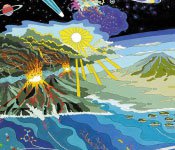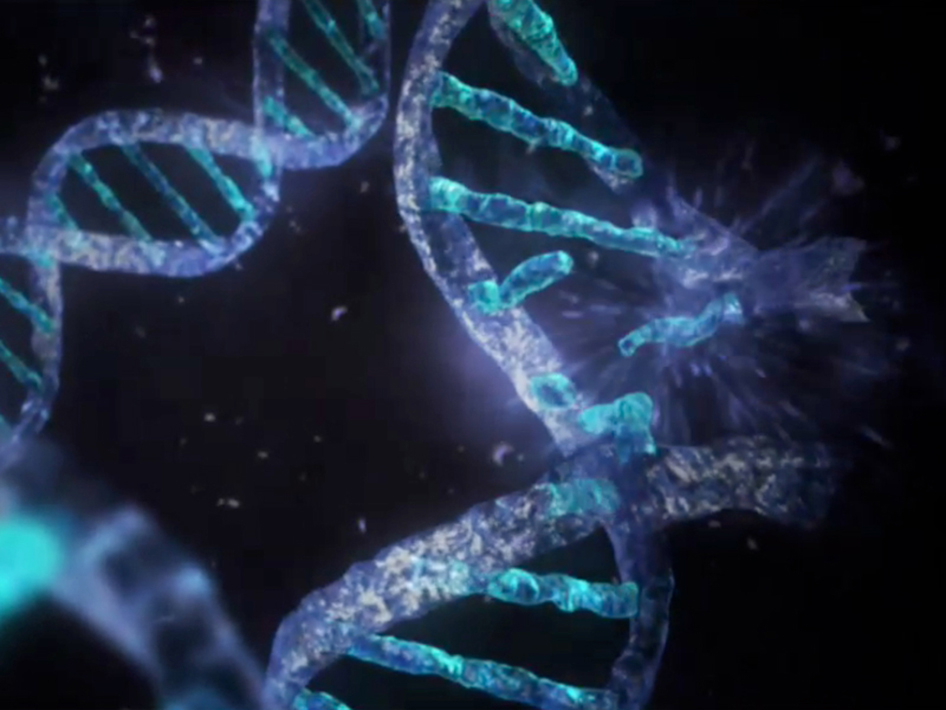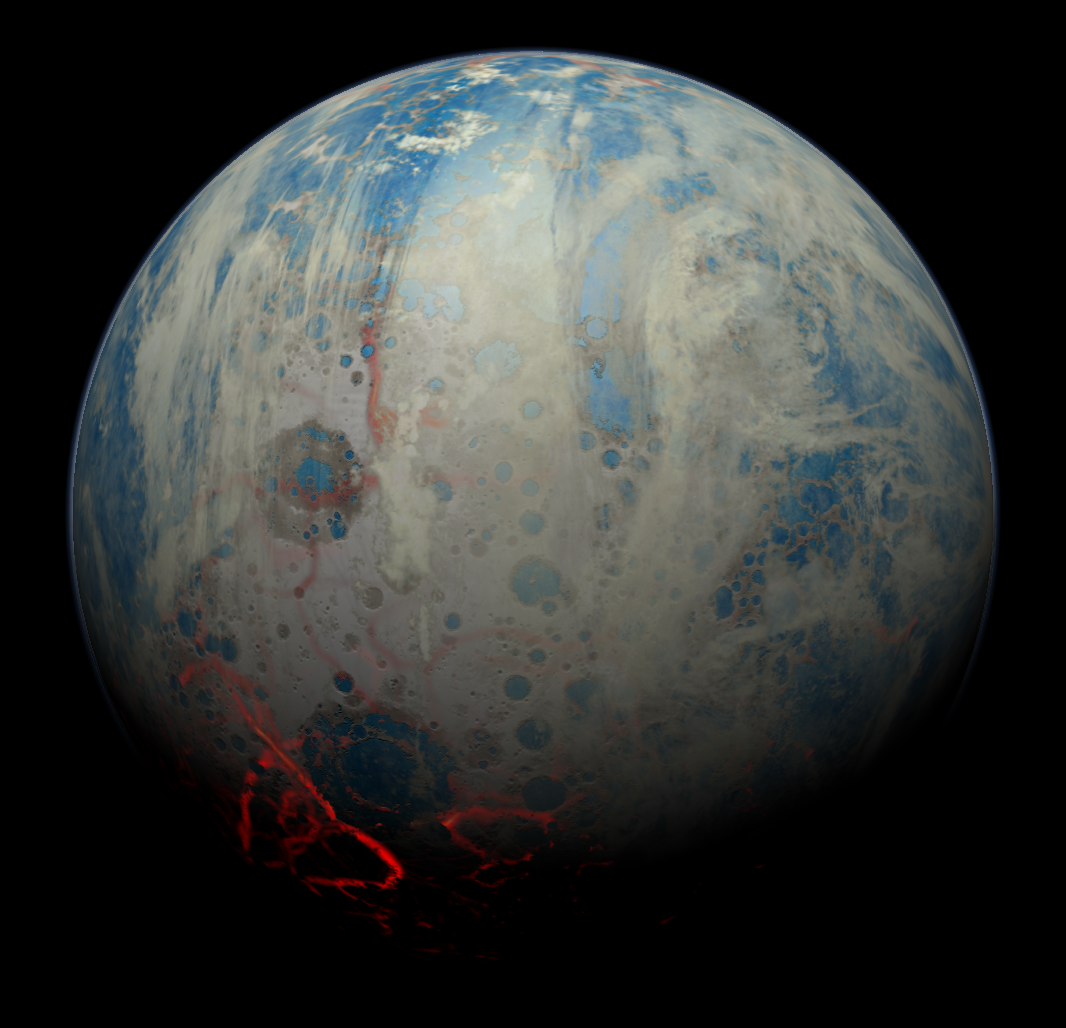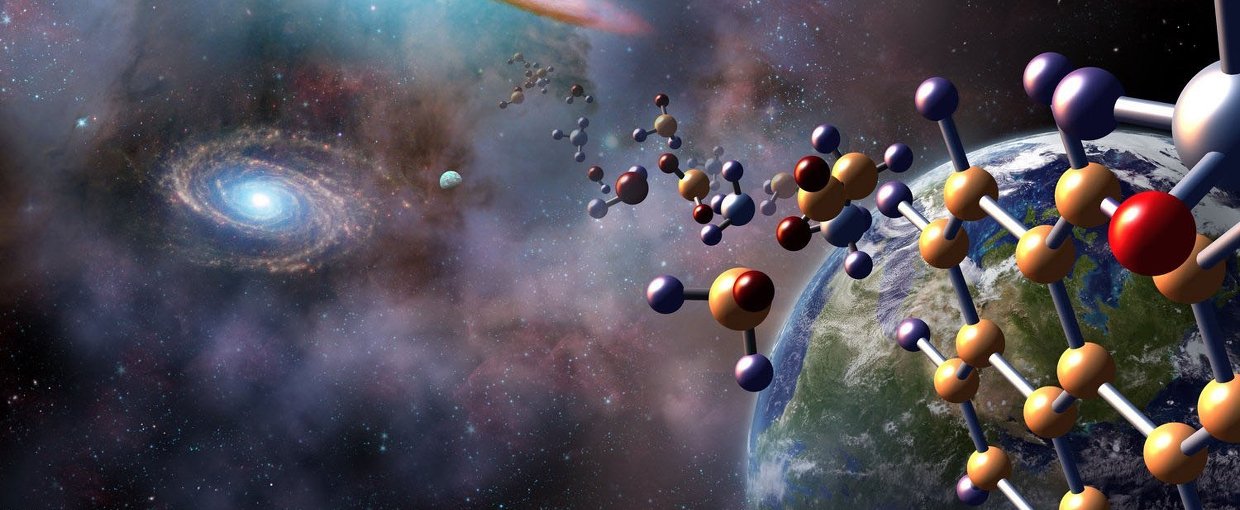
Life on earth today crucially depends on the workings of proteins. Current proteins are highly sophisticated polypeptides that exhibit intricate structures and facilitate a multitude of complex functions. Although the level of protein sophistication can be explained as a result of continuing Darwinian evolution from simpler predecessors, the origin of those early functional proteins is not well understood.
We are interested in studying potential scenarios of the emergence of those first primordial proteins. This presentation will describe an experimental approach to investigate the probability of finding functional proteins in mixtures of naïve random peptides. Towards this goal, collections of several trillion different protein mutants are subjected to a procedure of selection and evolution in a test tube to isolate functional proteins. In one example, novel ATP binding proteins were identified that appear to be unrelated to any known ATP binding proteins. In a second study, novel enzymes were generated that can join two pieces of RNA together in a reaction for which no natural enzymes are known.
These results not only allow us to measure the occurrence of function in random protein assemblies but also provide experimental evidence for the possibility of alternative protein worlds. Extant proteins might simply represent a ‘frozen accident’ in the world of possible proteins. Alternative collections of proteins, even with similar functions, could originate alternative evolutionary paths.
 A Talk With Jim Green
A Talk With Jim Green What Can Extant Genomes Reveal About Early DNA Metabolism?
What Can Extant Genomes Reveal About Early DNA Metabolism? What We Talk About When We Talk About Earth's Oxygenation
What We Talk About When We Talk About Earth's Oxygenation Bowling With Astrobiologists: A Twisted Path Toward the Origin of DNA
Bowling With Astrobiologists: A Twisted Path Toward the Origin of DNA